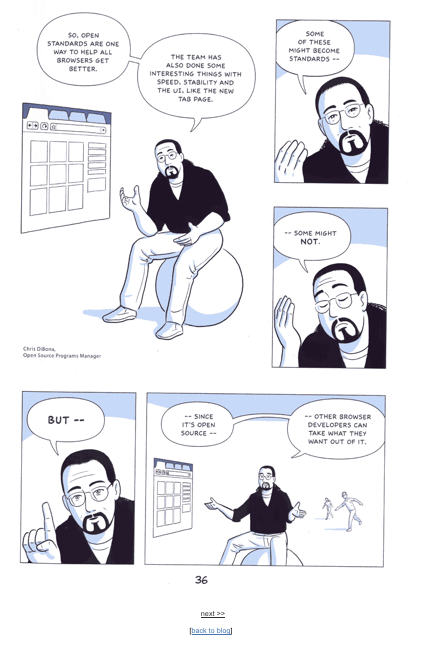MOOCs at F-Alt
From Open Education News:
“There has been a lot of buzz about the free and open Connectivism and Connective Knowledge course to be facilitated by George Siemens and Stephen Downes in September. To date, over 1,200 people have signed up for the course prompting a new label, Massive Open Online Course (MOOC), to describe this super-sized open education course”. On a new blog about the course George says:
“As a group, we all share in the success (and failure) of MOOCs …We have to walk a line between innovating teaching and learning while still keeping things at a level that permits the ideas we’re presenting to translate into the realities of educators and administrators … While Stephen and I are facilitating this course, I think it’s critical that the larger community identifies with it and takes ownership of it. Our course isn’t happening in a vacuum – we’re building on our own previous work and the work of others. And once our course is done here, others will hopefully learn from our experience and build on it. Spiralling innovation. But I’m hoping we won’t only see people building on our work. I hope we’ll see others building with us … Research opportunities are enormous. MOOCs are uncharted, largely undocumented, territory. This course will produce a significant amount of data – both quantitative and qualitative.”
It is great that teh course is free and open. But is this real innovation. Are we not just reinventing mass rows of students sitting passively in tiered lecture tehares albeit on-line. Is thsi just another Tayloritic model of education. Cheap – yes! Efficent – yes! Effective – perhaps not. Particpation…learner support? Is the innovation technical or pedagogic?
These issues and more will be the subject of the F-Alt (the fringe conference at Alt C) warm up session in the bar at 9pm in the bar at Leeds Univeristy on Monday. It probably won’t be massive. Bit it is open and you are all invited.




